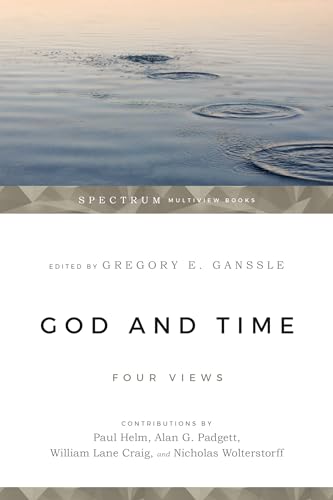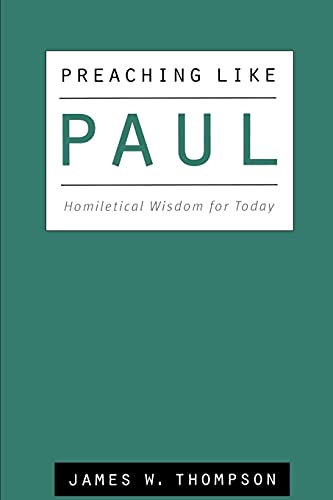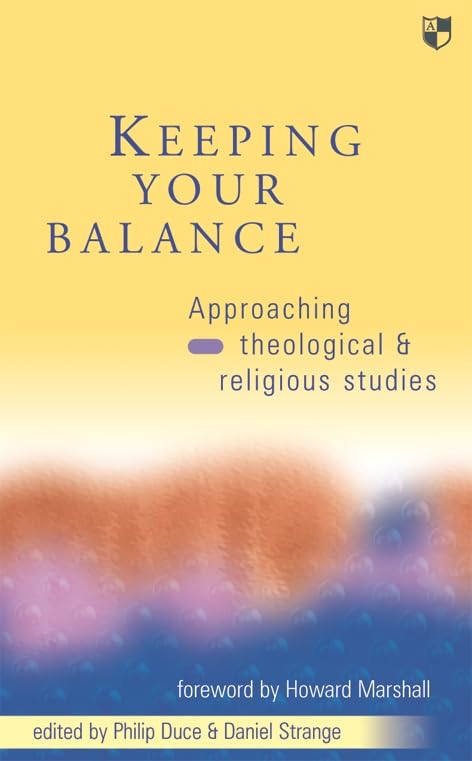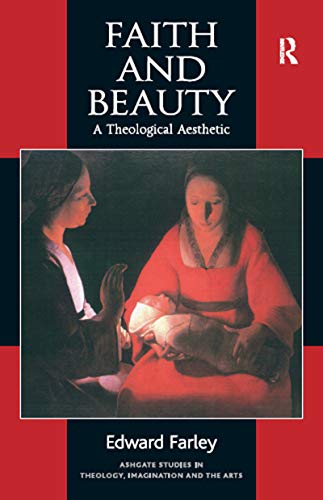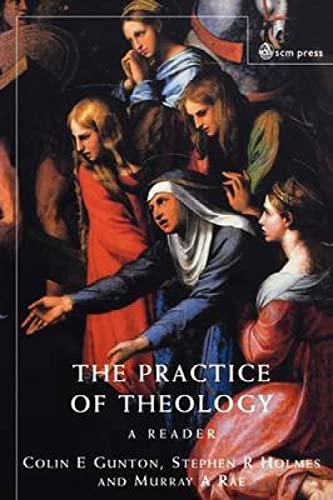This is one of the latest volumes in the IVP sequence Four Views. Here the authors discuss whether God is in or outside time. Philosophers have discussed this fascinating question for centuries, trying to tease out the implications of different views for our doctrines of God, creation, God’s action in history, and God’s relationship with his people. Each of the four authors sets out his stall on the issue, responds to the others, and then replies to their replies (this last feature being absent from the other Four Views book the reviewer has seen). While the volume is certainly thorough, one finds some repetition and some convolution, particularly as the writers often discuss each other’s previously published work in their opening essays. So we have Lane Craig on Padgett on Lane Craig on Padgett (183–85), and are treated to Wolterstorff on Helm on Wolterstorff on Helm on Wolterstorff (229–31).
Paul Helm urges that God is outside time, reasoning that it is greater that God have all his existence in one go, rather than it be split up into temporal parts: his past forever gone; his future yet to arrive.
Alan Padgett defends the doctrine of divine relative timelessness the view that God has created our time, finite and measurable, to exist in his own time, which is infinite and immeasurable. The reviewer however found it hard to grasp how measurable time could be ‘in’ immeasurable time.
William Lane Craig claims that God is timeless without creation and temporal with it: though God is in time to relate to us, the infinite creator must also be outside any finite and created category. It still seemed contradictory to this reviewer, though, to say that God was both timeless and temporal.
Nicholas Wolterstorff argues that God is in time. It is a shame that the editor was not able to sharpen the debate somewhat here: Wolterstorff regards Padgett’s and Lane Craig’s views as being varieties of his view, yielding only two views (theirs and Helm’s) on the question of God and time. Furthermore Wolterstorff is reluctant to pronounce on whether, had there been no creation, God would have been temporal (Padgett), or timeless (Lane Craig).
The editor could perhaps have eliminated some confusion in key vocabulary. Five labels are used for one view: ‘the A-theory’, ‘the tensed view’, ‘the dynamic view’, ‘the process view’ and ‘presentism’. Particularly unhelpful is the misuse of the last label: whereas the first four refer to the view that terms such as ‘now’, ‘yesterday’, ‘today’, and ‘tomorrow’ refer to objective features of time and cannot be translated into terms such as ‘simultaneous with this utterance’, ‘prior to this utterance’ and ‘subsequent to this utterance’. ‘Presentism’, on the other hand, should refer to the view that only what presently exists may properly be said to exist at all: neither the past nor the future exists. This view logically implies the other view, but the converse is not true.
There is also a fair amount of philosophical jargon that is not always explained. It would perhaps have been a good idea to include, as other volumes in the sequence do, a glossary. There is detailed discussion of philosophers ancient (Augustine, Boethius), mediaeval (Anselm, Aquinas, Ockham) and contemporary (Stump and Kretzmann, Leftow, Mellor, Swinburne, and Wierenga). These features probably make the book unsuitable for those not formally trained in philosophy.
On the other hand, it is pleasing to see each author engaging with the Scriptural witness on the central topic. Though unlike other volumes in the sequence, there is no index of Scripture passages. There is however an introduction, a name index, a subject index, a good bibliography, and biographical details of each contributor. The book would be eminently suitable for Christian philosophers from undergraduate level upwards grappling with these fascinating issues.
Daniel Hill
University of Liverpool


